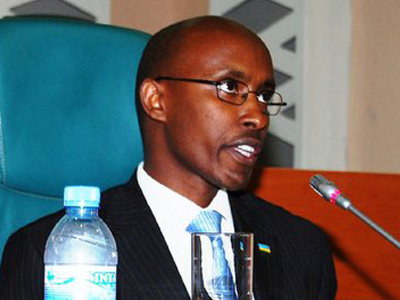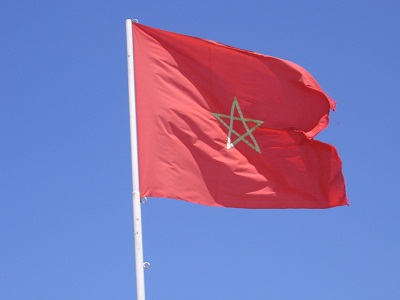A new survey published on Tuesday reveals that as telecom jobs in Africa booms, the continent still lacks skilled workers, calling on universities and governments to do more to boost the output of telecom and IT specialists in Africa.

Landelahni CEO Sandra Burmeister. (image: creamermedia.co.za)
The 2012 Telecommunications Survey, carried out by global Amrop executive search group member, Landelahni Business Leaders, highlights the skills gaps in the African ICT sector.
“Information and communications technology is a pre-condition for socio-economic development and national competitiveness. However, a shortage of key skills is a huge constraint,” Landelahni CEO Sandra Burmeister said in the report.
“Opportunities abound throughout Africa, despite the challenges of poor infrastructure, disparate regulatory environments and ferocious competition. Spending on ICT infrastructure is expected to total more than US$23 billion a year over the next few years. South Africa and the rest of the continent need to skill up to maximise this opportunity.
“(South African) minister of science and technology Naledi Pandor has acknowledged that the telecommunications industry holds promise as the backbone of this country’s economic, industrial and innovative advancement. Similarly, the Green Paper for Post School Education and Training released in January (2012) states that ‘ICT is increasingly becoming a critical ingredient for participation in a globalised world’.”
It also called on governments to do more to boost young people’s ability to enter the fast-paced ICT world with the skills needed to bring Africa into the global technology world.
Joseph Mayton






































